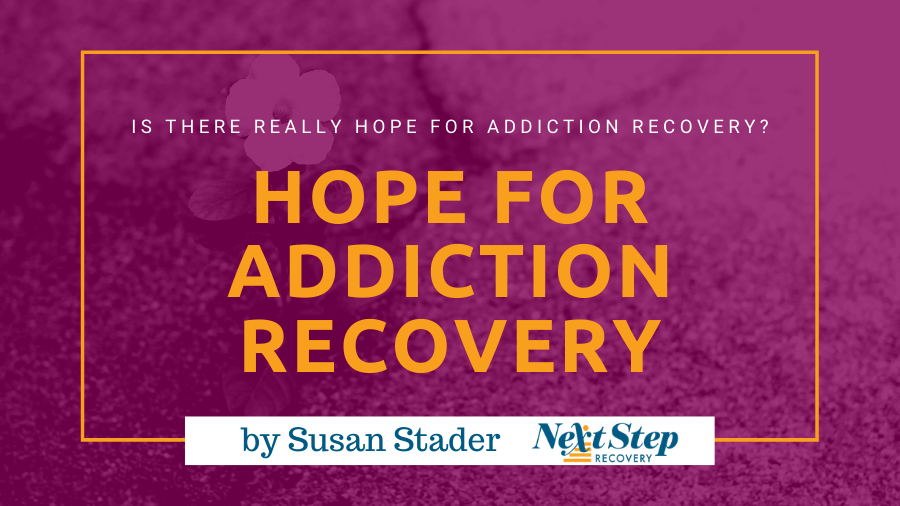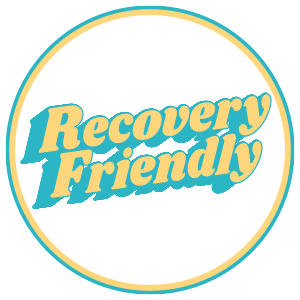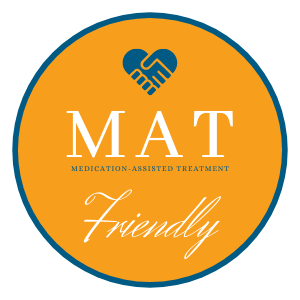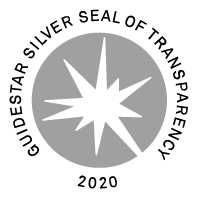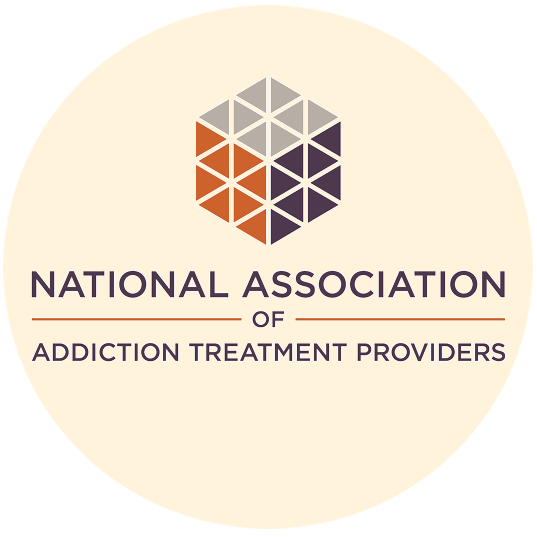If you or a loved one have been struggling with addiction, you may be wondering if there is any reason to hope that things can get better. That’s a reasonable question given the devastation that often accompanies addiction.
Spoiler alert: they can.
In fact, hope is the very
foundation for recovery. It’s also the second step in the
12-step path that has helped millions build a sober and successful life. The first step requires us to acknowledge we are powerless over addiction. The second step invites us to believe there is a power greater than ourselves that can restore us to sanity. That, right there, is hope. It’s powerful stuff.
Over the past three decades, countless studies on
hope theory have shown that hopeful people achieve goals more readily, cope better with setbacks, feel their lives are more meaningful, and experience less anxiety and depression than who are less hopeful.
That said, you can’t achieve these results by blindly hoping the best. That’s because blind hope isn’t really hope. At best, it’s positive thinking; at worst, it’s deluded.
What is Hope?
What kind of hope promotes recovery? A good working definition of hope is the belief in a positive future that is influenceable, meaningful, and achievable.
The pioneer of hope theory, psychologist C.R. Snyder, identified three essential components of hope. You might think of them as the soil in which hope thrives. Our
transitional sober living community and
intensive outpatient program (IOP) for men incorporate all three of these
hopeful components. Let’s take a look at each one separately to see how they work in practice.
Hope Has Goals
In other words, hope can and should be directed toward a desired outcome. The more specific and realistic the goal, the better. In recovery, our biggest goal is freedom from addiction so we can create a life worth living. This goal must be broken down into smaller and more
manageable goals such as committing to sobriety one day at a time. We set goals we can reasonably achieve, and then we set new ones.
In early recovery, it’s much easier to achieve our goals in a structured sober living program where sponsors and peers encourage us each step of the way. Our hopefulness grows as we see them achieve their goals. We learn it is reasonable to hope. We see others have successfully walked this path, which leads us to the second condition necessary for hope to thrive.
Hope Has Pathways
It’s not enough to set hopeful goals. We need to be able to identify and take the steps that will move us closer to our goals. We discover there are many pathways to recovery.
Some paths unfold in stepwise fashion like the 12-step programs used to support those recovering from addiction to alcohol, opioids, heroin, fentanyl, methamphetamines, cocaine, marijuana, and other addictive substances and behaviors. Other routes, like
cognitive behavioral therapy or
dialectical behavioral therapy, help us build new pathways in the brain to replace dysfunctional patterns and coping mechanisms we developed in addiction.
Relapse prevention plans, which all of our residents create, are personal roadmaps that identify the pathways that support recovery, hazards we should avoid at all costs, and emergency routes in case we lose our way. Our highly structured sober living community, IOP, and
mandatory work/education requirements help ensure residents successfully navigate these roads to recovery and independence.
Hope Has Agency
Hope isn’t something we have; it’s something we do. In other words, we need to cultivate hope. Hope is an active process that is facilitated by believing we have the power to make positive changes in our lives.
One of the first actions we can take to support our sobriety is to abandon the belief that we are helpless victims of our circumstances. Even as we learn that addiction is a disease, not a moral failing, we learn to take personal responsibility for managing it. As our bodies and our minds
begin to heal, we “come to believe” there is hope for a better life.
At first, this belief may feel like a huge leap of faith. Active addiction robs us of our dignity and personal power. It can take a while to get them back. That’s why we offer residents many opportunities to discover how powerful, courageous and tenacious they are through
outdoor
adventures like whitewater rafting, martial arts like jujitsu, and mindfulness training. When we discover our personal power, positive change is not only possible it is inevitable.
Do You Need More Hope?
Clearly, there are many reasons to be hopeful about recovery. But in order to activate the power and potential of hope, we need to combine it with structured goals, pathways and opportunities to practice using newly acquired recovery skills.
Know someone who might benefit from more hope? Please like and share this post with them. Or, if you have questions or comments, please leave them below! We’re always looking for ways to keep the conversation about recovery going. Education is one the most powerful tools we have combat addiction. 

